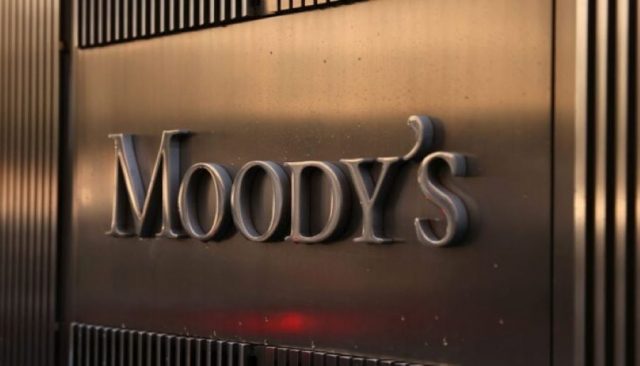WED, 26 OCT, 2022-theGBJournal| Moody’s Investors Service (Moody’s) has Tuesday downgraded the long-term deposit ratings to B3 from B2, as well as senior unsecured debt ratings, where applicable, of all the Moody’s rated banks in Nigeria- Access Bank Plc, Zenith Bank Plc, First Bank of Nigeria Limited, United Bank for Africa Plc, Guaranty Trust Bank Limited, Union Bank of Nigeria plc, Fidelity Bank plc, FCMB (First City Monument Bank) Limited and Sterling Bank Plc.
At the same time, Moody’s has placed the long-term deposit ratings, as well as senior unsecured debt ratings, where applicable, of the nine Nigerian banks on review for further downgrade.
Tuesday’s rating actions follow Moody’s decision on 21 October 2022 to downgrade the long-term issuer rating of the Government of Nigeria to B3 from B2, and to place the rating of the Government of Nigeria on review for downgrade. Please see “Moody’s downgrades Nigeria’s rating to B3 from B2 and places it on review for downgrade”;
Moody’s said the review for downgrade on the rating of the Government of Nigeria will focus on understanding the Nigerian authorities’ strategy to address both domestic and external pressures and assessing the associated default risk for the government’s private creditors.
On 13 October 2022, the government publicly stated possible options, consisting of extending the maturity of its debts, including through potential bond buybacks or exchanges, which may constitute a distressed exchange under Moody’s default definition.
Moody’s decision to downgrade the long-term ratings of nine Nigerian banks reflects a combination of the weakening in the Nigerian government’s fiscal capacity to support the country’s banks in case of need, as indicated by downgrade of the sovereign rating to B3 from B2; as well as the interlinkages between the sovereign’s weakened creditworthiness and the banks’ balance sheets, given the banks’ significant holdings of sovereign debt securities.
Twitter-@theGBJournal| Facebook-The Government and Business Journal|email: gbj@govbusinessjournal.ng|govandbusinessj@gmail.com










